Is my child an empath? If you have ever thought about this question, then you’ve come to the right place. Having an empathetic child is a blessing, but at the same time, raising an empath child has to be done in the right way. Read on to know more about how you can raise an empath child in the best way possible.
Is My Child An Empath: Raising Empathic Children
Empathic children have nervous systems that react more quickly and strongly to external stimuli including stress. In The Empath’s Survival Guide I emphasize that empath children feel too much but don’t know how to manage the sensory overload. They see more, hear more, smell more, intuit more, and experience emotions more.
For instance, they may not like strong food smells in the kitchen, perfumes, harsh bright lights (particularly fluorescent bulbs), or loud talking. They prefer soft (not scratchy) clothes, beauty, nature, and having one or a few close friends rather than many acquaintances.
Their sensitivities can get assaulted by our coarse world, and this affects their behavior. Since most empathic children can’t articulate the cause of their upset, enlightened parents can help them identify triggers and offer the solutions I’ll present below to relieve their distress.
Related: Raising a Self-Directing Child
As parents, you need to know what overstimulates your empathic children and avoid those activities.
Doing so calms them and wards off exhaustion, tantrums, and anxiety. Common triggers include excessive busyness such as over-scheduling their day without breaks, multi-tasking, no alone time, and violent television programs or newscasts, especially at night. Following exposure to any of these factors, children might find it harder to fall asleep and require more downtime before bed to unwind.
(Sensitive children may take longer to calm down at night than other children since their systems are slower to transition from stimulation to quiet).
Also, empathic children can feel and absorb other people’s emotional discomfort, especially from parents and close friends. Because they are “super-responders” their hurts cut deep and their joys are extra-joyous.
Empathic children don’t have the same mechanisms as non-empath children to screen out the light, noise, and the chaos of crowds, for example at large sports events. Cheering, clapping, and booing can feel jarring, even painful, to them. Nor do they respond well to loud music, honking, hammering, or power tools.
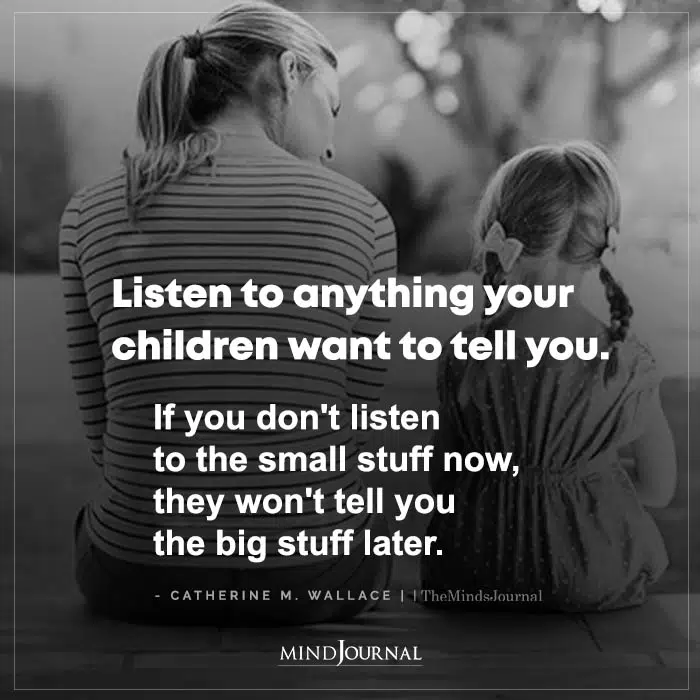
These sounds agitate them as opposed to the peaceful effect of birds chirping, water elements, or gentle wind chimes. Empathic children may cry more and cope by retreating into solitude to self-regulate sensory overload.
Typically, society or schools don’t give these exceptional children much understanding. Conventional physicians and teachers often label them as “shy,” “antisocial” or “fussy,” or they’re diagnosed with social phobia, an anxiety disorder, or depression.
In addition, they may be quieter, thoughtful, deep, and gentle rather than highly verbal or assertive–which others can perceive as withdrawn. Because of these misconceptions, your role is critical in supporting their sensitivities, intuition, creativity, and wisdom, and in teaching them tools to cope with the world.
Related: How to Raise Emotionally Intelligent Children: 3 Crucial Lessons To Teach
As an empathic child, I received no support from my physician-parents about my sensitivities–not because they didn’t love me, but because they didn’t know what an empath was and was never taught how to understand my special needs. They wanted me to be happy, but they didn’t think encouraging my sensitivities would lead me there. They called me “overly sensitive” and said that I needed a “thicker skin.”
These “helpful” comments made me believe there was something wrong with me. Because I felt misunderstood and invisible as an empathic child, I have become especially passionate about educating parents about raising their empathic children.
Knowing that your child is an empath is the first step toward bringing out the best in him or her. Then you can support your son’s and daughter’s sensitivities as an expression of their excellence, compassion, and depth.
To determine if your child is an empath, take the following assessment.
Is Your Child an Empath?
- Does he or she feel things deeply?
- Does he or she get over-stimulated by people, crowds, noise, or stress?
- Does he or she have strong reactions to sad or frightening scenes in books or movies?
- Does he or she want to escape and hide from family gatherings because there’s too much going on?
- Does he or she feel “different” than other kids or complain about not fitting in?
- Is he or she a good listener and compassionate with others?
- Does he or she surprise you with intuitive comments about others or yourself?
- Does he or she have a strong connection to nature, plants, animals, or stuffed animals?
- Does he or she require a lot of time alone rather than playing with other kids?
- Does he or she take on a friend’s stress or upset?
- Does he or she take on your own or other people’s emotions or stress—and act out when you’re angry, upset or depressed?
- Does he or she have one best friend or a few good friends rather than a large social network?
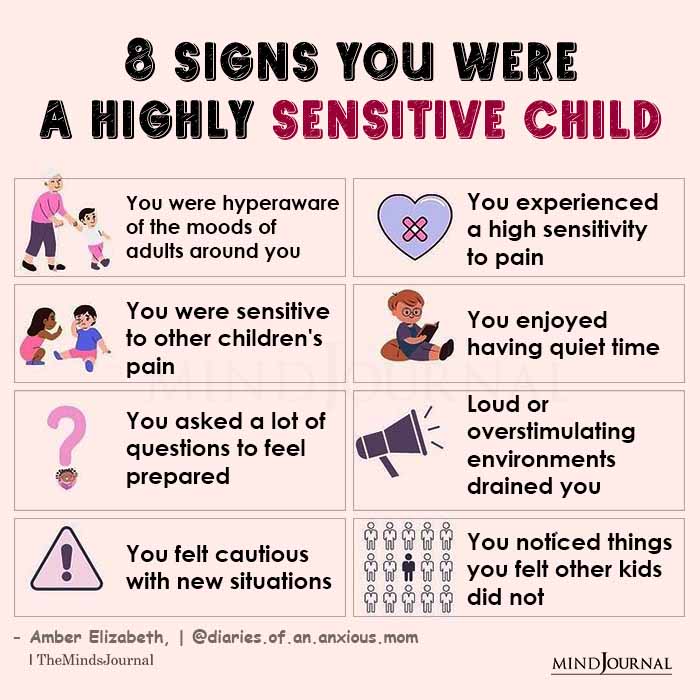
Here’s how to score this assessment.
9-12 yesses indicate this child has extremely strong empathic traits.
6-9 yesses indicate strong empathic traits.
4-8 yesses indicate moderate empathic traits.
1-3 yesses indicate some empathic traits.
Zero yesses indicate that the child is not operating primarily as an empath.
Related: 7 Tips to Help A Highly Sensitive Child Flourish in School
Empath children are precious beings. No matter where your child is on this spectrum, he or she would benefit from being taught to honor his or her specific sensitivities.
Want to know more about raising an empath child? Check out this video below!
Adapted from The Empath’s Survival Guide: Life Strategies for Sensitive People by Judith Orloff MD.
Excerpt from Dr. Judith Orloff’s The Empath’s Survival Guide: Life Strategies for Sensitive People (Sounds True, 2017)
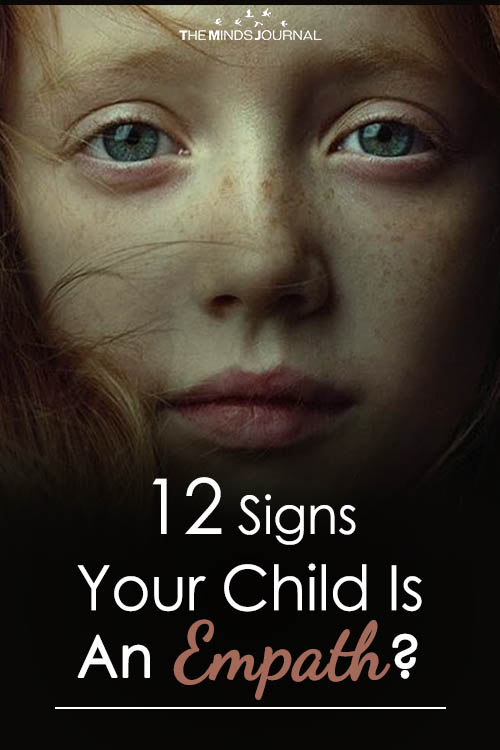
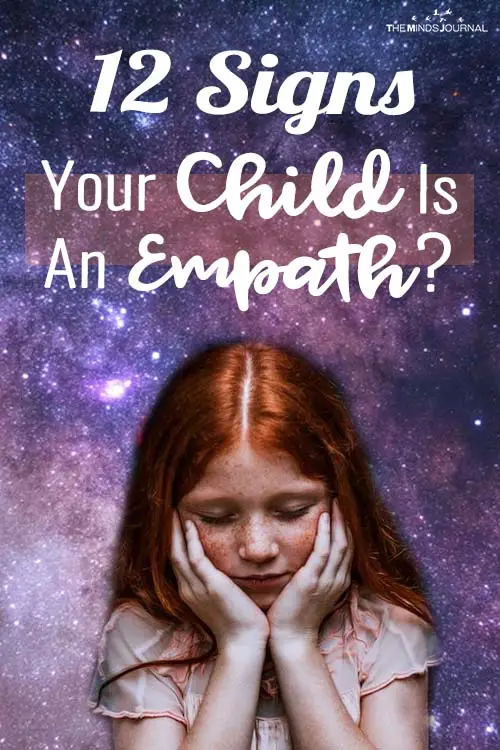
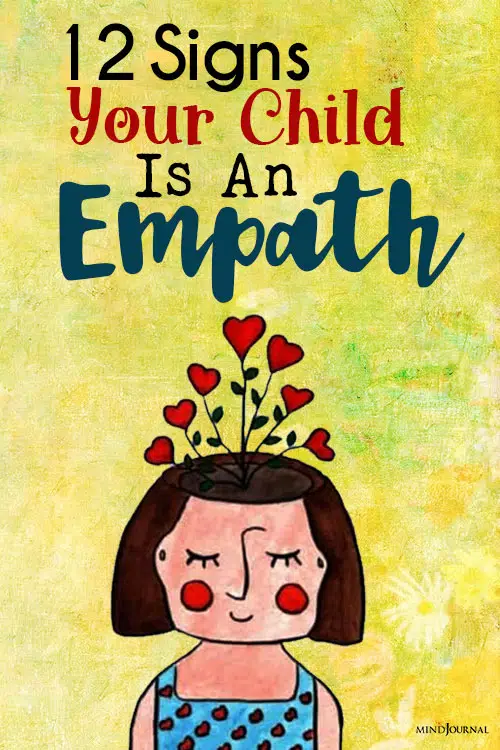
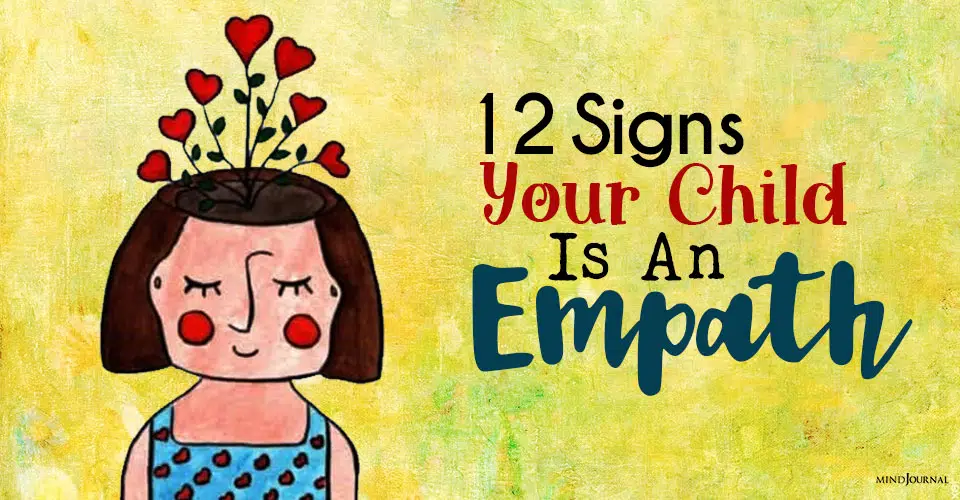







Leave a Reply
You must be logged in to post a comment.